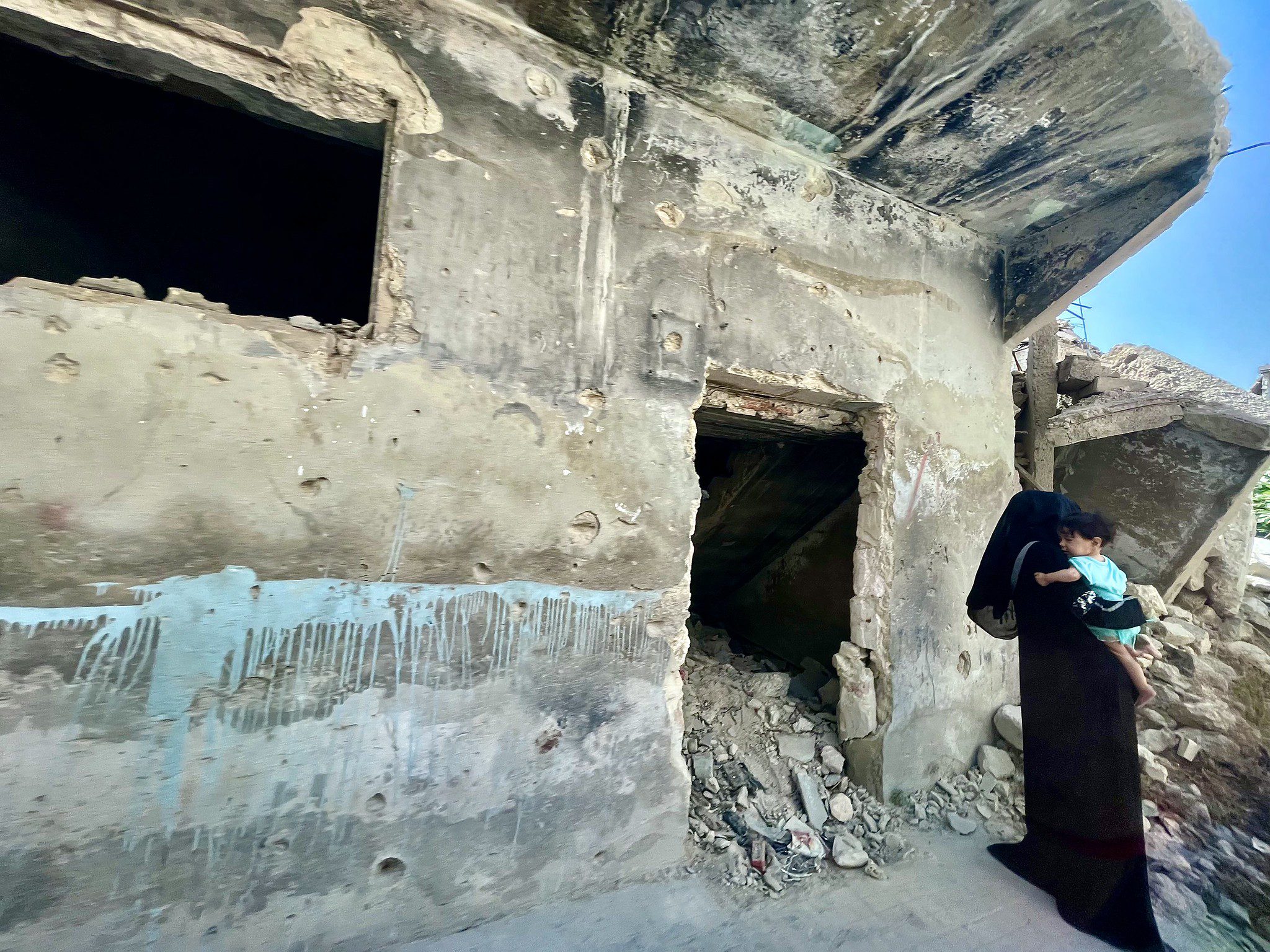The U.S. Administration’s decision to lift most sanctions on Sudan, announced today, is long overdue. It is likely that some commentators will see this through the prism of the foreign policy of the Trump Administration, but that would not be correct. For most of its eight years, the Obama Administration tried to lift sanctions and only managed to enact a decision in its very final days, in January this year. Today’s action is continuity with Obama, not change.
There are several reasons why lifting sanctions is the correct decision.
First, sanctions on Sudan did not contribute to democratization or human rights. Most of these sanctions have been in place for twenty years or longer. The idea that maintaining them in place would cause the regime to fall is absurd: President Omar al Bashir has displayed a remarkable capacity for endurance. Meanwhile, forcing much of the economic activity in the country into the shadows served only to increase the political-economic elite’s reliance on other sanctioned countries such as Iran, and some Middle Eastern and Asian countries and businesses ready to circumvent sanctions. Those who suffered most were legitimate businesspeople.
Second, the sanctions no longer had any credibility. There is a long list of broken American promises to lift sanctions. In 2001, the George W. Bush Administration’s promise of normalizing relations with Sudan was one of the factors that motivated the Sudanese government to negotiate and sign the Comprehensive Peace Agreement. When that was finally signed, in January 2005, the U.S. shifted the goalposts—for good reason, because the war in Darfur was raging and the government was clearly culpable of major war crimes. The following year, the U.S. set conditions relating to Darfur for lifting sanctions, most notably, signing a peace agreement and allowing in United Nations troops. Khartoum did both those things but Washington DC did not reciprocate.
The most significant broken promise was at the time of the independence of South Sudan in 2011. The Sudanese government cooperated with the referendum on self-determination in southern Sudan and publicly endorsed and welcomed the result. During this process, Senator John Kerry served as a Presidential Envoy to Sudan, promising that should South Sudan be allowed to become independent with northern Sudanese cooperation, sanctions would be lifted and a process of debt relief would be initiated. South Sudan seceded peacefully. The U.S. did not fulfill its side of the bargain.
Although Sudan was placed on the list of State Sponsors of Terror for good reasons in the 1990s, the reason for failing to remove it from the list was purely political. Sudan cooperated with the CIA even before September 11 and continued to do so afterwards, but the listing was maintained because Sudan was so unpopular in Congress.
The sanctions were maintained because the Sudanese government has an extremely poor record on human rights and democracy. But if sanctions are to serve as any kind of incentive for the government to change its behavior, they will only work if they are credible—that is, if they are lifted when the government does what is asked of it. If the sanctioning country changes the criteria every time the sanctions come up for review, they cease to be an instrument of policy and simply become a signal of condemnation.
Third, lifting sanctions on Sudan is a step towards solving the civil war in South Sudan. The South Sudanese civil war is primarily the responsibility of the South Sudanese political elites. But there cannot be resolution to the war until the neighboring countries that have vested political, economic and security interests in South Sudan come to an agreement—either on a common strategy, or at minimum not to conduct a proxy conflict. Three countries need to agree: Ethiopia, Sudan and Uganda. It simply isn’t possible for Sudan to be a constructive partner in making peace in South Sudan while it is still the target of sanctions.
Sudan lost the great majority of its oil reserves and its foreign exchange when South Sudan became independent. Under the agreement on ‘transitional financial arrangements’ between Sudan and South Sudan, signed a year after independence, a three-and-a-half year fiscal gap of just over $10 billion was to met equally from three sources: Sudan’s own austerity measures, payments from South Sudan as part of the deal to keep oil flowing along the pipeline, and international assistance. The international assistance required a joint approach from the governments of Sudan and South Sudan to international donors, so that this agreement could be fully implemented alongside a final allocation of the debt liabilities of the two countries (Sudan was to assume the entire debt burden). South Sudan refused to participate in the joint approach to donors. The U.S. didn’t take any steps to fulfill that promise either. One outcome is that Khartoum has tried to squeeze every dollar out of South Sudanese oil transshipments, and western donors don’t have much leverage to back up their complaints.
When sanctions are lifted, it means that South Sudanese oil can—for the first time—be sold on international markets without the opprobrium of having been pumped through Sudan. It will allow for the terms of the financial deal between Sudan and South Sudan to be renegotiated in a more transparent and favorable way. And as Sudan is still potentially the most important outside influence on South Sudan, lifting sanctions paves the way for a more constructive peace process in South Sudan.

